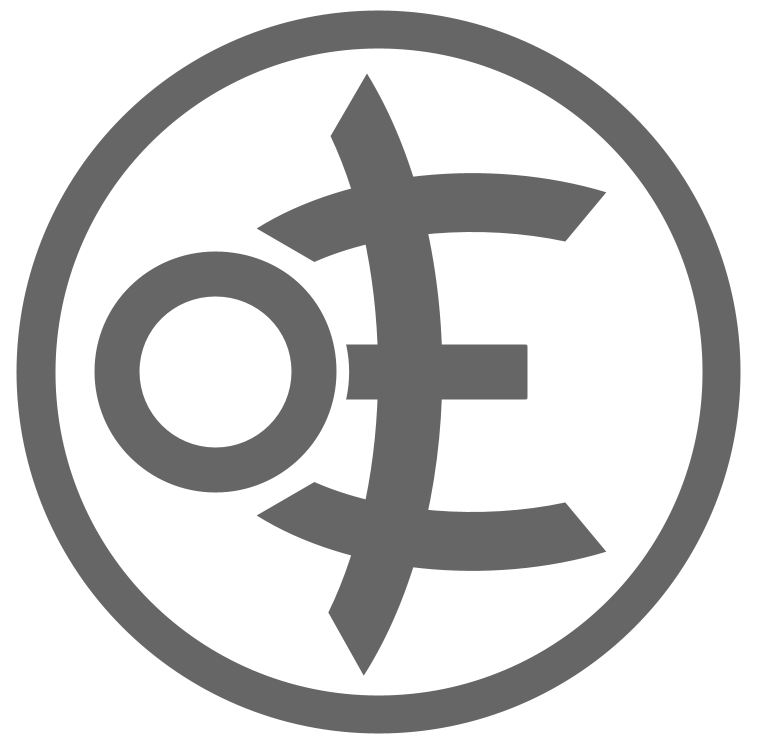@o_o@programming.dev asked “why are folks so anti-capitalist?” not long ago. It got quite a few comments. But I noticed a trend: a lot of people there didn’t agree on the definition of “capitalism”.
And the lack of common definition was hobbling the entire discussion. So I wanted to ask a precursor question. One that needs to be asked before anybody can even start talking about whether capitalism is helpful or good or necessary.
Main Question
- What is capitalism?
- Since your answer above likely included the word “capital”, what is capital?
- And either,
- A) How does capitalism empower people to own what they produce? or, (if you believe the opposite,)
- B) How does capitalism strip people of their control over what they produce?
Bonus Questions (mix and match or take them all or ignore them altogether)
- Say you are an individual who sells something you create. Are you a capitalist?
- If you are the above person, can you exist in both capitalist society and one in which private property has been abolished?
- Say you create and sell some product regularly (as above), but have more orders than you can fulfill alone. Is there any way to expand your operation and meet demand without using capitalist methods (such as hiring wage workers or selling your recipes / process to local franchisees for a cut of their proceeds, etc)?
- Is the distinction between a worker cooperative and a more traditional business important? Why is the distinction important?


I generally think a “market economy” == capitalism. Mostly because as far as I can tell, all capitalism requires is private ownership and abstracted stores of value. A market economy is already capitalism because human nature - as soon as someone can do bulk purchases, they’re going to try and get better prices, and I think many sellers would willingly give them a bulk discount. It doesn’t even start as coercive - but it sets you on the road to that, and so it’s a difference in scale and not kind IMHO.
I also don’t think coercion is a requirement of capitalism. It’s something that I think will happen naturally, but you could still have capitalism with regulation reducing it / maybe preventing it. I’d argue that a lot of the problems in current capitalist societies are equally failures of the political system, or maybe a misunderstanding of humans such that large pluralities do not actually want to use their government to make life better for anyone or themselves, but instead to hurt an out-group.